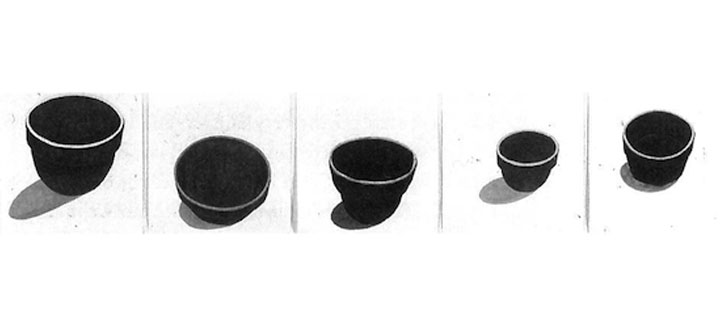With Ango approaching I've been wondering about what makes samu samu? Is it always physical work, or is it anything one has to attend to regularly for life to keep ticking over?
I have a work project I keep putting off. I'm so focussed on the end goal (i.e. finishing the damn thing) that I can barely bring my mind to settle on the present (i.e. actually doing the damn thing). A samu-like approach would probably help, I thought.
So yes, that's my question: what makes samu samu? How does it differ from all the other stuff we have to do? Not rhetorical - I'm asking for answers
Gassho,
Libby
ST
I have a work project I keep putting off. I'm so focussed on the end goal (i.e. finishing the damn thing) that I can barely bring my mind to settle on the present (i.e. actually doing the damn thing). A samu-like approach would probably help, I thought.
So yes, that's my question: what makes samu samu? How does it differ from all the other stuff we have to do? Not rhetorical - I'm asking for answers

Gassho,
Libby
ST
 And yet, let's get our asses in gear, because we have to finish the sweeping and get to the doctor's appointment, and the boss needs those copies 5 minutes ago!
And yet, let's get our asses in gear, because we have to finish the sweeping and get to the doctor's appointment, and the boss needs those copies 5 minutes ago! 





Comment